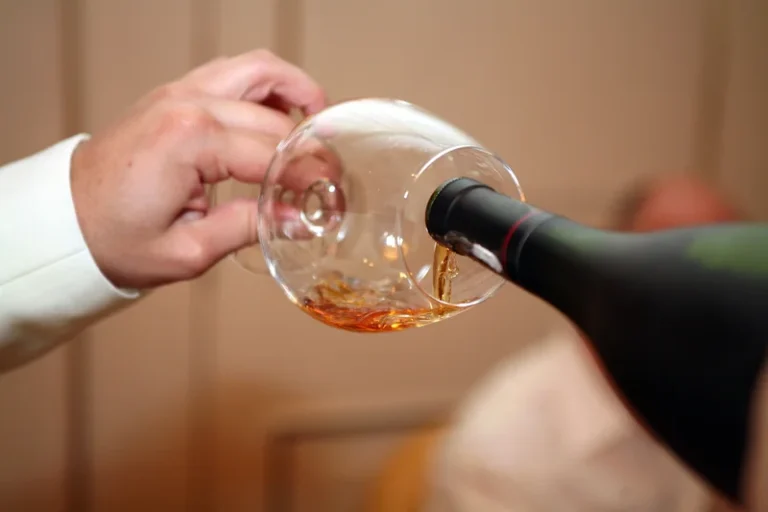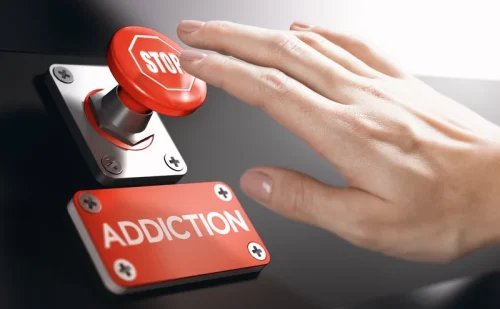
By Michelle PugleMichelle Pugle, MA is a freelance writer and reporter focusing on mental health and chronic conditions. As seen in Verywell, Healthline, Psych Central, Everyday Health, and Health.com, among others. Brain fog feels like being slowed down unwillingly or being unable to clear your mind even though you really want to. Experts say some gradual decline in brain functioning is expected with age, so any mild memory loss symptoms must be considered in context with a person’s age. There are different ways to manage brain fog, depending on its cause.
- While the time line is different for everyone, you should start to notice differences in your mental acuity as you make your way through the detox process.
- Over the last one month I had two weekends where I drank heavily and it tanked my dopamine levels.
- It’s like giving your brain a breath of fresh air after being submerged underwater for an extended period.
- In the short term, a head injury can cause confusion and disorientation.
- If you’re enjoying this article, consider supporting our award-winning journalism by subscribing.
- All 34 cortical regions that Durazzo and his team looked at saw a faster rate of thickness change in AUD participants from 1 week to 1 month after quitting, than from 1 month to 7.3 months.
How long does it take for your brain to go back to normal after drinking?
- When alcohol is consumed, it enters the bloodstream and travels to the brain, where it can affect brain function.
- Our rehab directories tool makes it simple to find a rehab that meets you or your loved ones needs best by using different search criteria to accomplish that goal.
- You may find relief by improving your diet and sleep regimen, adding creativity to your daily life, and taking proper (phoneless!) breaks throughout the day.
- Addiction and substance use disorder affects over 17% of the American population.
This is why people who are severely dehydrated get easily confused and disoriented — sometimes even becoming delirious. Long COVID can affect people across the lifespan from children to older adults and across race and ethnicity and baseline health status. Importantly, more than 90% of people with long COVID had mild COVID-19 infections. If your aging loved one has ongoing cognitive issues or you’re concerned about brain fog, talk with their doctor to develop a plan. Research shows it can help people maintain a healthy weight, prevent heart attacks, strokes, and type 2 diabetes, and reduce the risk of premature death. I’m reading about PAWS (post-alcohol withdrawal syndrome) and I am hoping that this is what I am experiencing and that much of this is temporary, that my brain heals and stabilizes.
Tips and Tricks to Reduce Brain Fog
Alcohol is devoid of important proteins, minerals, and vitamins — and it actually inhibits the absorption and use of vital nutrients such as thiamine (vitamin B1), vitamin B12, folic acid, and zinc. Curated by professional editors, The Conversation offers informed commentary and debate on the issues affecting our world. COVID-19 infections continue to outnumber flu cases and lead to more hospitalization and death than the flu. Trivializing COVID-19 as an inconsequential cold or equating it with the flu does not align with reality.

Wernicke-Korsakoff syndrome
For instance, try brushing your teeth with the opposite hand for a week, read a book that’s not your go-to genre, or take a different route to work. Think of it as retraining a muscle group for a specific type of physical exercise. For example, blueberries may help prevent neurodegeneration, and avocados are rich in monounsaturated fats that protect brain cells. A consistent flow of nutrients will keep your brain sharp throughout the day.
Eat (and drink) to feel good
This article will explore the connection between alcohol and brain fog from drinking. You can rest assured that brain fog goes away just like your other withdrawal symptoms. While the time line is different for everyone, you should start to notice differences in your mental acuity as you make your way through the detox process. Most alcohol brain fog people find that they are thinking much better within the first week, and their ability to make decisions and remember information only continues to improve as they make progress in their recovery. Your experience should be similar, and you can always ask the staff at the treatment center if your challenges with thinking are normal.


I’m not drinking alcohol anymore at all, not even at dinner parties or when politely offered a drink at events. The effects of alcohol on the brain vary depending on the dose and on individual factors, such as overall health. In general, the more alcohol a person drinks, the more likely it becomes that alcohol will damage the brain — both in the short and long term. The two conditions, together called Wernicke-Korsakoff syndrome, happen in people who are severely deficient in thiamine (vitamin B-1). Even after you’ve embarked on the path to sobriety, the effects of alcohol on your brain can linger, manifesting as brain fog.
- A 2016 study suggested that stepping away from a task and taking a break can substantially improve your performance, focus, and degree of self-control.
- Withdrawal symptoms can quickly go from a bad hangover to a serious medical situation.
- In fact, a deficiency in the essential nutrient thiamine resulting from chronic, heavy alcohol consumption is one of the biggest factors contributing to alcohol-induced brain damage.
- Knowing why you’re experiencing brain fog is an important first step in understanding what may help relieve symptoms.
- By incorporating these habits, individuals in addiction recovery can improve their cognitive function and sustain long-term sobriety.
How Home Care Works
Addiction and substance use disorder affects over 17% of the American population. If you want to learn more about brain fog and how to manage it, here are plenty of helpful resources. In addition to physical exercise, it’s also important to exercise your brain. So, if you’re short on time, make sure to do some of these exercises to get your heart rate up. Just make sure to start slowly if you’re not used to exercising and building up your stamina over time.

Have you ever felt like you just couldn’t get yourself to focus on a task, no matter how hard you tried? If you don’t already have a supportive network, you can make new connections by joining social media communities dedicated to alcohol-free living. For help quitting, resources are available from the Substance Abuse and Mental Health Services Administration (SAMHSA) or the National Institute on Alcohol Abuse and Alcoholism (NIAAA). These effects can happen even after one drink — and increase with every drink you have, states Dr. Anand.
Excessive alcohol consumption can have long-lasting effects on neurotransmitters in the brain, decreasing their effectiveness or even mimicking them. Some people with a history of excessive alcohol use develop nutritional deficiencies that further damage brain function. During early sobriety, areas such as quality sleep, good nutrition and even hydration status can still be impacted by our alcohol abuse (Kverno, 2021). These areas could be considered foundational pillars of good health, so addressing these factors could not only resolve brain fog but support long-term sobriety.
- Brain fog and long-term alcohol misuse can increase vulnerability to mental health disorders such as anxiety and depression.
- Given alcohol’s short- and long-term effects on the brain, it’s perhaps unsurprising to learn that we can get that lethargic, dull mental state we refer to as brain fog after drinking.
- People who drink daily or almost every day should not be left alone for the first few days after stopping alcohol.
- It can help to eat healthfully, get creative, and take regular screen breaks.
